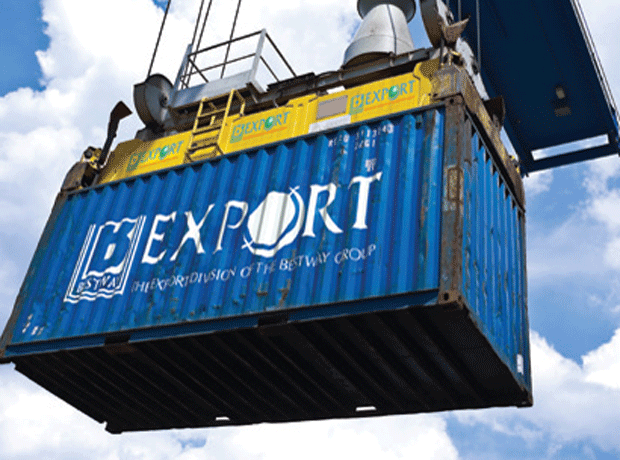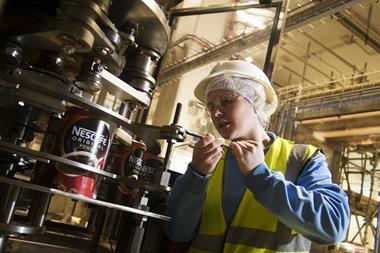
The UK food and drink industry is set for strong future growth on the back of global demand for British produce, despite concerns over the impact Brexit could have on staffing levels in the sector, according to an upbeat report by EEF and Santander.
A focus on healthier foods and the use of new technologies, such as automation, to improve manufacturing processes would also drive future opportunities, the report added.
Manufacturing organisation EEF and Santander highlighted the potential for food and drinks producers to grow exports, particularly in emerging markets.
The report said despite food and drink exports exceeding £20bn in 2016, only one in five manufacturers currently sell overseas.
“Europe is the biggest destination for UK food and drink exports and the majority of export opportunities for UK businesses remain close to home,” said Nicola Thomas, head of food and drink sector at Santander Corporate & Commercial.
“But the UK’s strong reputation for the high standards of its food, safety, animal welfare and sustainability in countries such as China and India, combined with a growing and affluent middle class in these regions, and the focus on western-style produce, presents an opportunity for UK food and drink manufacturers to enter relatively untapped markets.”
The report added that exports to Asia & Oceania and the Americas have seen the fastest growth since 1996 at 155% and 154% respectively, with the Middle East and Africa also a rapidly expanding market, with exports growing by 109%.
However, the regions make up only a small proportion of food and drinks exported overseas, with more than 70% going to Europe.
The study comes as a major report published today by accountancy firm Grant Thornton, commissioned by the FDF, found that tens of thousands of jobs risk going unfilled unless the government allows non-EU workers to continue to enter the food and drink sector after Brexit.
Santander and EEF said retaining access to the pool of almost 120,000 EU national workers was a key priority to a sector that is the more reliant than any other industry in the UK economy on overseas labour.
Thomas added: “There are some risks but we believe that the consistent levels of demand mean that the sector is well positioned to maintain solid growth. There are a number of strong opportunities on offer, notably growing demand from emerging regions, as well as the productivity gains that improved innovation can bring, which if harnessed, will provide the sector with further growth in the medium and long term.”



















No comments yet